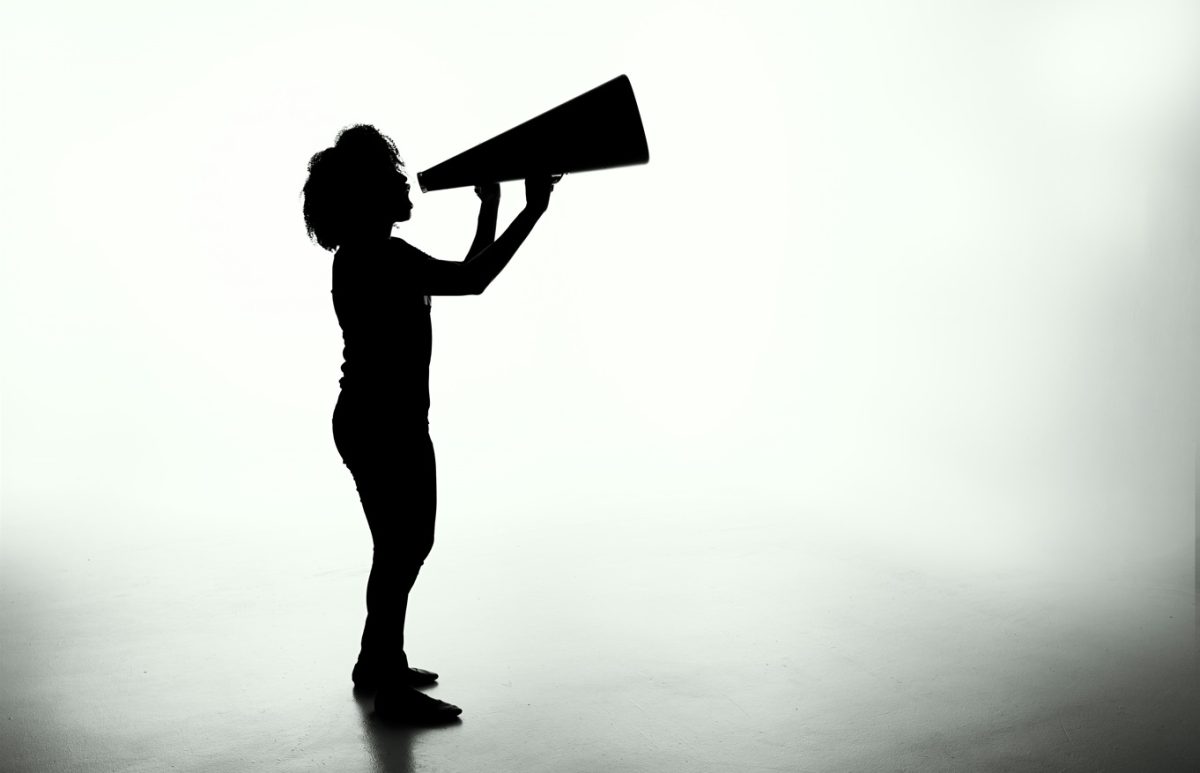According to a recent Axios poll, Republican and Democratic college students agree that campuses must broaden free speech “even if there’s some risk of violence.” Moreover, roughly 77 percent of respondents said that free speech “should be protected” regardless of whether someone finds it “deeply upsetting.” In a time when safe spaces and censorship dominate our universities’ political discourse, some may find this bipartisan support for free speech surprising. After all, other recent polls have illustrated how Republicans and Democrats vehemently disagree on fundamental questions, such as the necessity of political correctness and whether hate speech even exists.
What has changed the minds of America’s college students, and why now?
Free-speech debates have not always broken down along current partisan lines. As any political scientist will tell you, political movements with less social capital, like the modern Republican Party, often champion free speech as a bulwark against societal and governmental censorship of their message. A great historical example are the campus Vietnam War protests of the 1960s, where largely progressive students at places like UC Berkeley gathered to oppose “the old-school ideas of paternalistic university supervision.” Depending on where we are in history, either conservatives or progressives can function as disempowered rebels demanding unhindered free speech. This may help explain why college students are beginning to change their tune on free speech regardless of party affiliation.
Progressive students have finally found an issue that their universities cannot support: the pro-Palestinian cause.For conservative college students, the current attitude is only surprising because their progressive classmates once claimed to carry the banner of free speech. For years, a center-left political orthodoxy has dominated American universities, leading conservative students to push for reforms like civil-discourse initiatives and expansive free-speech policies. Even the American public affirms that conservative students have less “freedom to express their views on college campuses.” Hence, it comes as no surprise that conservative students at schools like UNC-Chapel Hill have reported exceedingly higher instances of “self-censorship” and “worrying about student opinion” than have their progressive classmates. Though there have certainly been instances of conservative lawmakers and administrators censoring progressive speech, we should expect conservative students to support free speech in an era of progressive dominance.
Progressive students, on the other hand, have typically been less receptive to free expression in recent years. A 2017 Cato Institute survey revealed that conservative students are far more likely to “allow a controversial speaker on campus” compared to their progressive counterparts, who tend to be more “hostile” to conservative speakers. Given this restrictive view of campus expression, why do progressive students now believe in free speech “even if there’s some risk of violence”? The simple answer is that progressive students have finally found an issue that their universities cannot support: the pro-Palestinian cause.
According to the Axios poll, 57 percent of respondents reported that their school has a “bias toward Israel or pro-Israel issues,” and 55 percent concluded their university “is more concerned with protecting endowments and donors” than with free speech. The polling results clearly show that a majority of college students believe that campus administrators, facing immense pressure to “stamp out anti-semitism,” have listened only to their pro-Israel donors in the wake of the October 7 attacks. These progressive students, who are far likelier to favor the Palestinian cause than are their conservative classmates, now feel disempowered because their universities no longer support their political agenda. Instead, colleges across the nation are cracking down on pro-Palestinian speech by regulating protests, implementing speech codes, and even suspending students who participate in certain demonstrations.
This sudden shift by universities in response to the Israel-Hamas War explains the strange bipartisan support for campus free speech that Axios has discovered. Unfortunately, college Democrats have not suddenly changed their minds about the merits of free speech as an instrument of traditional civil discourse. They are merely experiencing something their conservative peers have dealt with for years: the harsh reality of supporting an unpopular cause on a college campus.
Sherman Criner is a sophomore at Duke University studying public policy, history, and political science.

